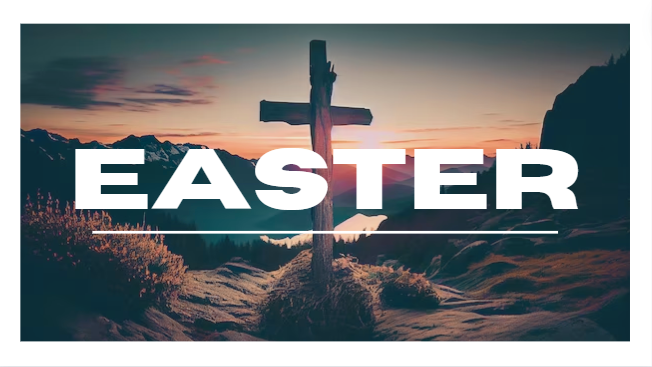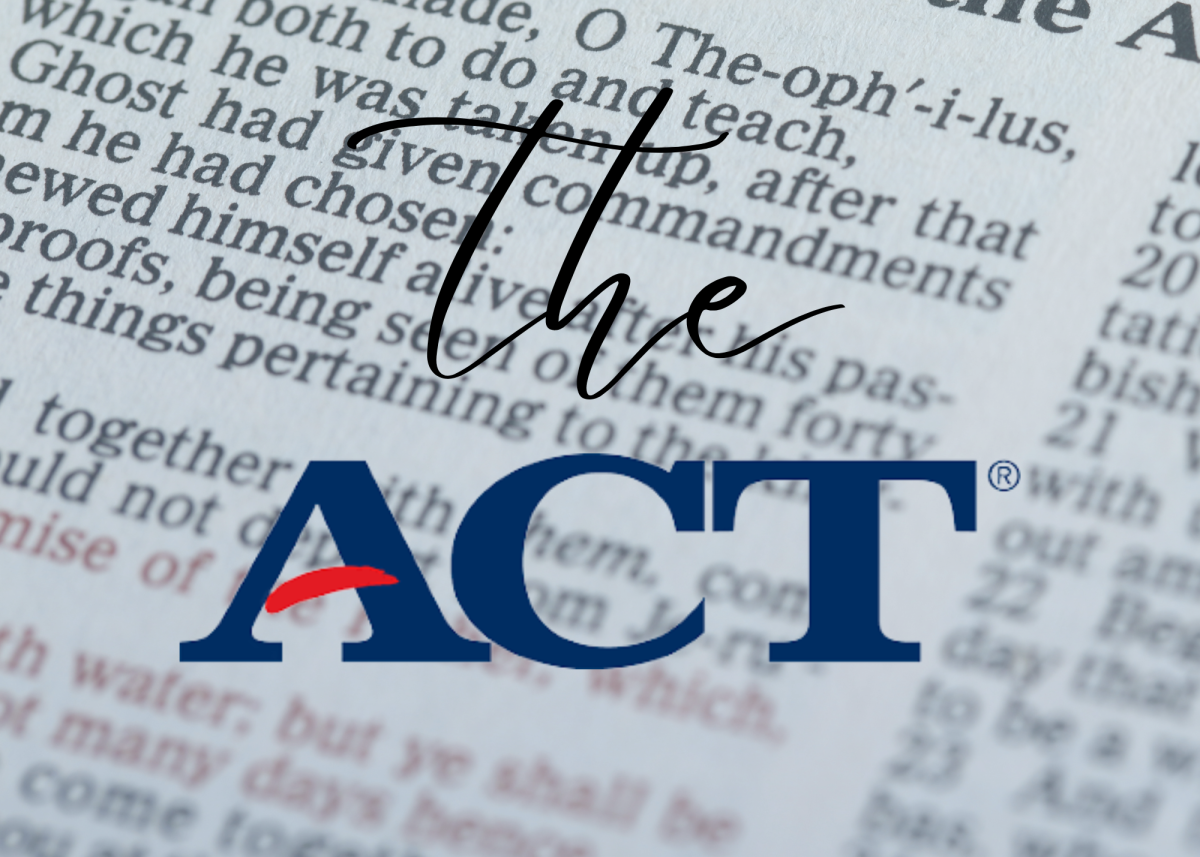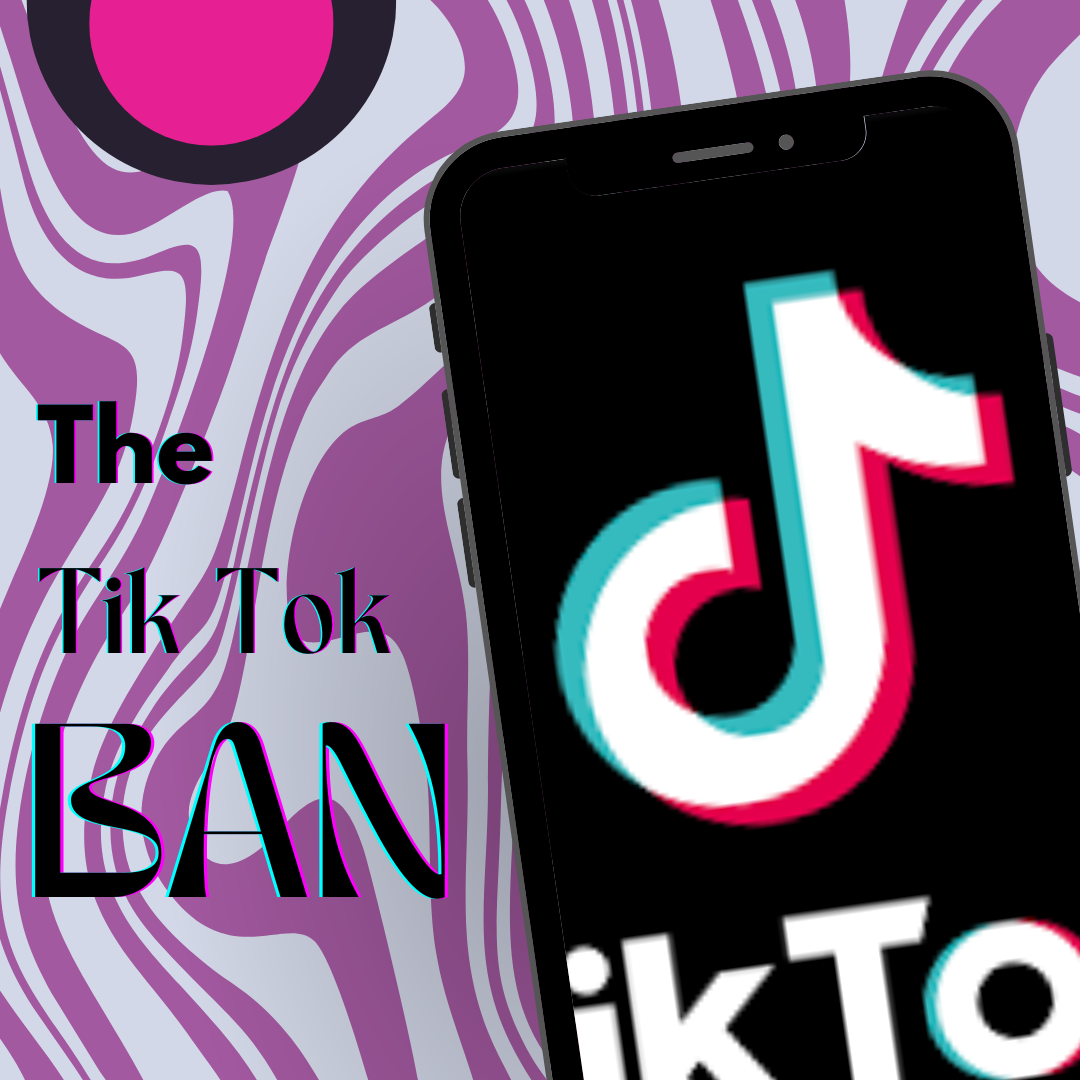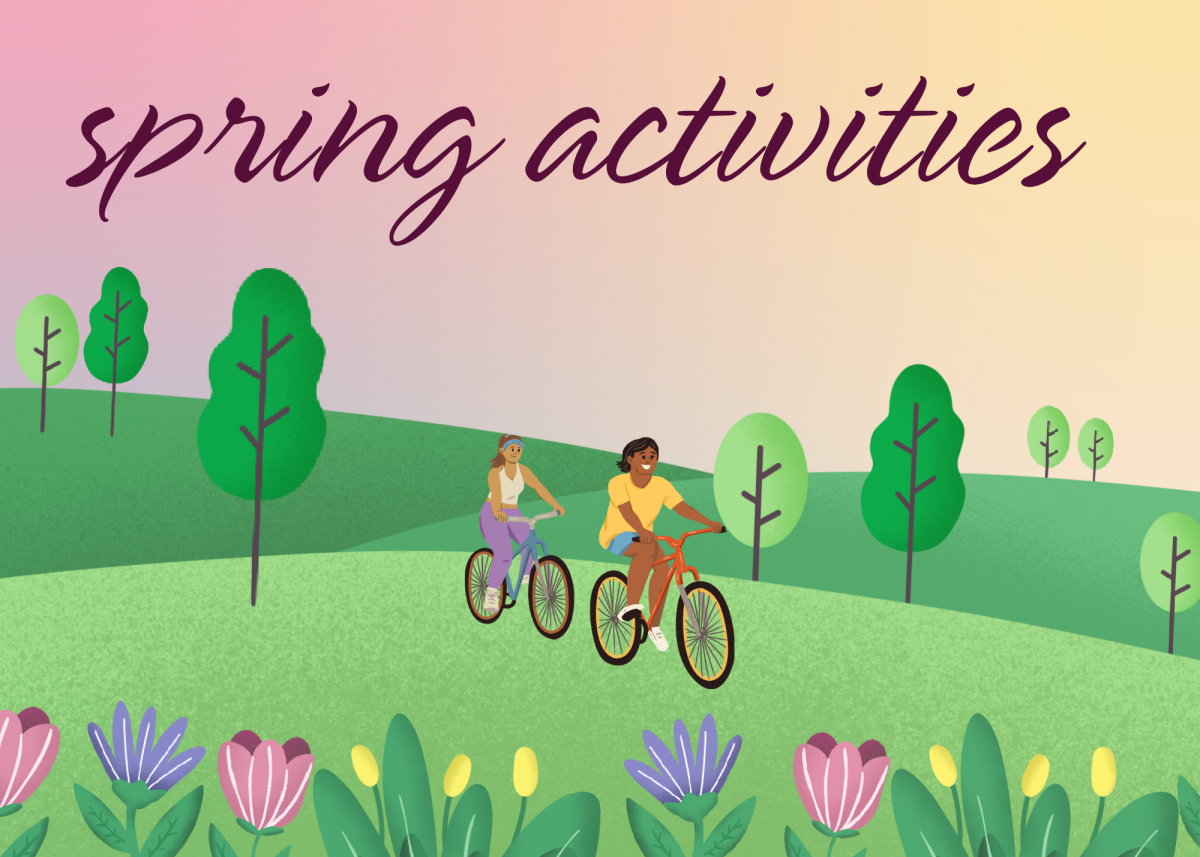The history of Easter has origins in both Christianity and ancient pagan culture. The holiday was originally a pagan holiday; it has been associated to a pagan spring festival, dating back before Christ. The day of the Easter feast represented renewal and rebirth. However, today, it is mostly known as a religious holiday. Christians honor Easter as a celebration of the Resurrection of Jesus Christ on his third day after his Crucifixion.
“My favorite part [of Easter] is church but also hanging out with family;” said Averi Yates, sophomore.
The Easter traditions celebrated today represent new life and rebirth, similar to the ideas of the ancient pagan culture. Dying Easter Eggs is one of the most common Easter traditions in the United States, and the egg itself symbolizes new life and rebirth. Early Christians adapted this belief, making the egg illustrate the resurrection and saying the egg’s empty shell represented as a metaphor for Jesus’ tomb. Eggs have been associated with Easter since the Medieval Period. Back then, eating eggs was forbidden during Lent, so eggs were a treat come Easter Sunday.
Another common symbol of Easter is the Easter Bunny. This tradition began in the United States in the 1700s when German immigrants settled in Pennsylvania. Their children would make nest to collect their tradition’s egg-laying hare called “Osterhase”, or “Oschter Haws”’s colorful eggs. Bunny rabbits are spotted during the spring season, so the Easter Bunny also symbolizes the start of spring.
Easter in America encompasses dyeing Easter Eggs, the Easter Bunny and Easter Egg Hunts, but it also includes Easter church services where many Americans show off their new Easter clothes. Many Easter outfits include Easter bonnets. Meals commonly contain ham, deviled eggs, various vegetable side dishes and dinner rolls.
“Dressing up and going to Easter service is my favorite Easter tradition,”
In other countries, however, Easter is celebrated differently, with separate traditions.
In New Zealand and Australia, hot cross buns are their main food item of choice for the holiday. For them, Easter marks that winter is approaching. Like in the states, Australians, too, attend Mass, taking the opportunity to self-reflect and renew themselves spiritually. However, their Easter celebration begins on Shrove Tuesday and ends with Whitsun, being a 50-day long celebration. They observe multiple rituals such as Pancake Day where they host pancake races, hog on hot cross buns and have an egg-hunt. They do not believe in the Easter Bunny like Americans, but they do have something called the “Easter Bilby”.
In Greece, they, too, dye Easter Eggs, but they dye all of their eggs red. The Orthodox Church advises them to dye the eggs red since they believe eggs represent rebirth and dying them red would represent Jesus’ blood. The Greeks believe that it illustrates Jesus making a victorious return as the son of God. The eggs are still able to have their own individually given that they can dye the eggs different shades of red and add intricate designs.
Easter is a two-day celebration in Northwestern Europe. It takes place during their chillier months. They hold large bonfires on Easter Sunday and Monday called Easter Fires. These originally began to chase the winter away, but now, they have turned into a fun community event, bringing the community closer together, celebrating spring coming in their future.
In Ethiopia, they celebrate “Fasika” which is fasting, like Lent, in the Western Church. It is a 55-day period leading up to Easter Sunday. Ethiopians cannot eat any meat or animal products during this almost eight-week period until their Sunday service, when Fasika ends. Their supper is a bigger deal than their Christmas dinner.
Easter is celebrated all over the world, with each culture having its own traditions. These traditions will be coming early as Easter is Sunday, March 31, 2024, this year, which is the last day of Blackman High School’s spring break.















